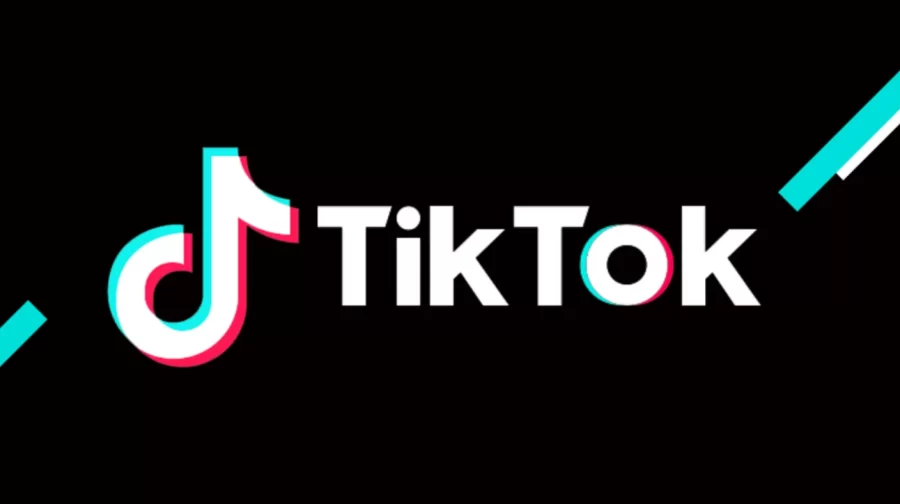The fatal flaws of family vlogging
March 16, 2022
Soon after iPads were introduced to elementary school classrooms, a small sheet discussing digital consent was sent home with us on the first day of school. “The tech generation,” the adults called us. Born during the era of CDs and attending kindergarten during the age of iPhones, most of us learned how to navigate the old Apple setup along with learning our cursive letters. Now, we look forward to jobs in the expanding technological industries and access to the latest iPhone release.
Technology has invaded our lives, and we are one of the first generations to have such intimate access to it. From house security cameras to social media, we are always near our devices, recording the smallest details of our lives. The old parenting blogs our parents read, arriving through the mail or through the dial-up internet, have turned into real-time vlogging on Youtube and TikTok. While we have long consumed reality TV featuring families and movies featuring child stars, new media places the lives of famous children under a microscope. Along with this newest development comes the age-old question parents never seem to ask: How much privacy do our kids deserve, especially if they don’t have a say?
Family vlog channels on Youtube first emerged between 2011-2012, according to an article by The New Yorker. Known for detailed videos about their family routine, these channels featured their young children playing and interacting with their family. Creators quickly monetized their content, earning up to 55% of the profit made by allowing advertising during their videos. These earnings did not fall within the domain of the Coogan Law, which requires that managers and employers of child performers set aside 15% of their earnings into a trust. Restricted to theatre, television, and film performers, lawmakers had little understanding of how social media platforms would emerge as one of today’s prime forms of entertainment.
Initially, these channels faced little criticism. Viewers appreciated the in-depth reality TV-esque look into another family’s dynamics. And of course, the kids were pretty cute. Audiences were unfamiliar with what happened to these kids behind the scenes: whether they were being forced into participating, whether their parents were actually abusive or unkind, and whether they had agreed to participate in parading their personal lives to the internet. Additionally, as the internet grew, family vloggers put their kids at increased risk of this footage being used in terrifying ways. Before these children even had phones, they had a massive digital footprint that would follow them forever.
As social media began to expand, we, as an audience, began to ask the right questions. Were we infringing on kids’ privacy by watching these videos? When brands feature people in their for-profit ad campaigns, they are required to have people sign photo release forms, since the digital media in question will be used for commercial purposes. With the parents in charge of a child’s consent filming these very videos of them, a clear conflict of interest was beginning to form. In Hollywood, there were hundreds of middlemen before a child’s performance reached the audience, not to mention intense child labor laws. In the grey world of social media, parents could post videos of their children within hours.
Enter TikTok. The hours-long time frame of YouTube became the seconds-long time frame of the wondrous, 15-second video app that circulated videos globally within minutes. Children like Scout and Violet, Franklin, Wren Eleanor, Jonah, and Lena became overnight sensations if their parents posted one small video of them for their social circles. The viral nature of TikTok propelled numerous families to overnight fame, without a spare second for parents to consider what would be best for their children.
We have welcomed a future of family vlogging by watching, sharing, and promoting these videos. But we fail to consider the longstanding impacts of public life on unaware children who can’t consent to their entire lives being shared with a hungry public. Years down the line, these kids could be victims of playground harassment for no fault of their own. Decades down the line, these five minutes of fame and piles of money in their parents’ bank accounts will haunt their adult life.
As an audience, we need to show the awareness the parents of internet-famous children should and stop supporting their content. As voters, we need to push for legislation to require more transparency and accountability from parents all-too-willing to monetize their child’s cuteness for a little bit of attention and spare cash. No matter how much internet fame they provide, those kids will grow up to thank us.




